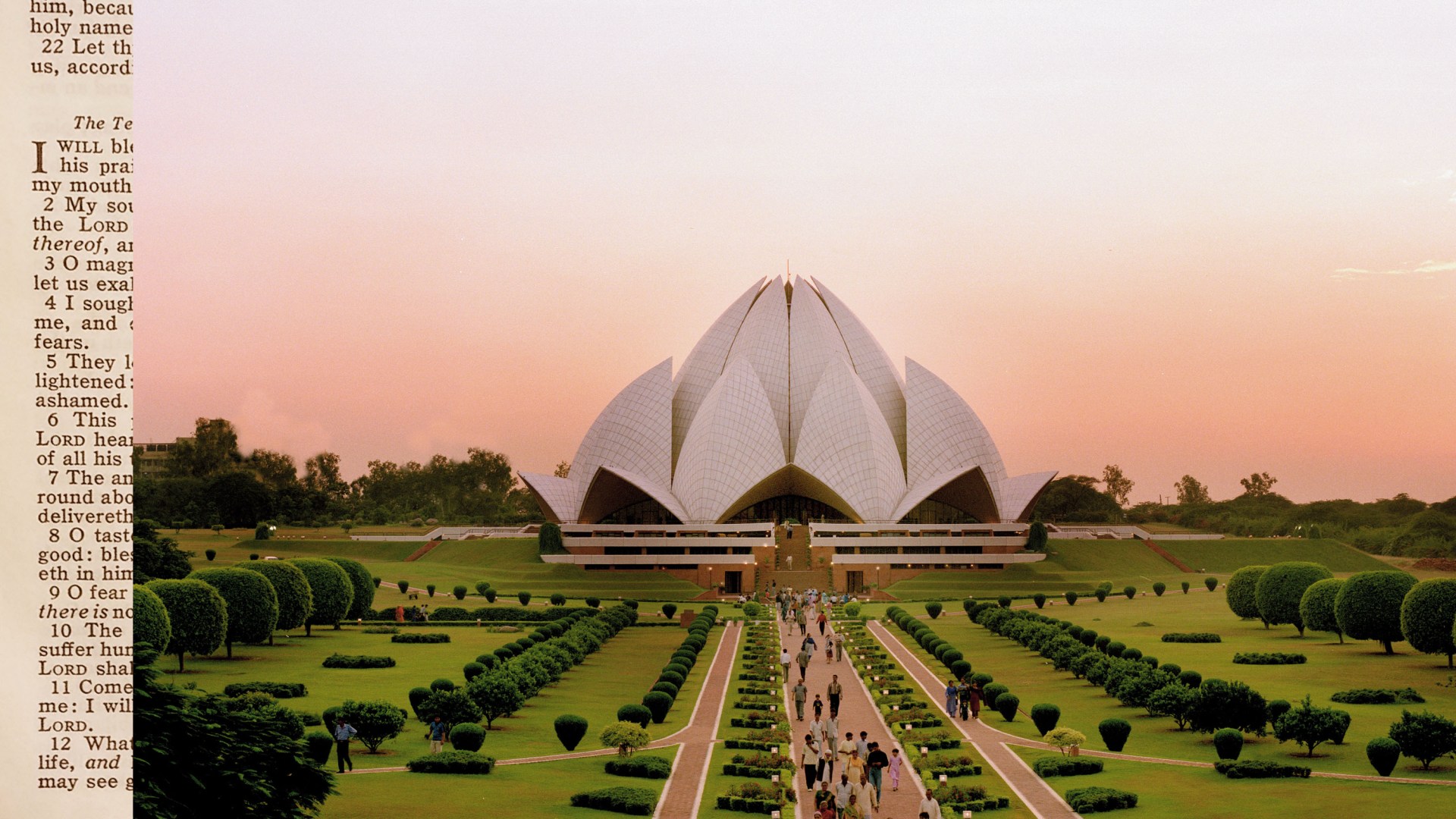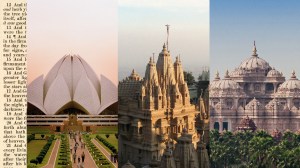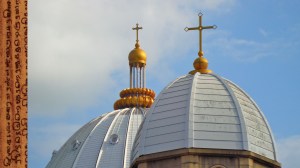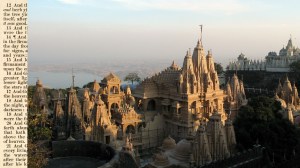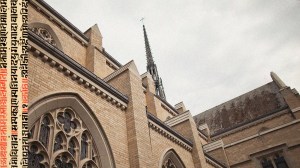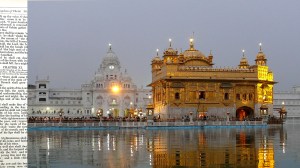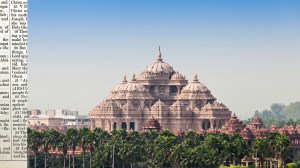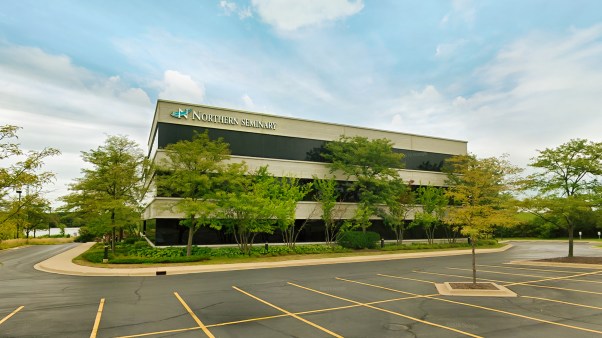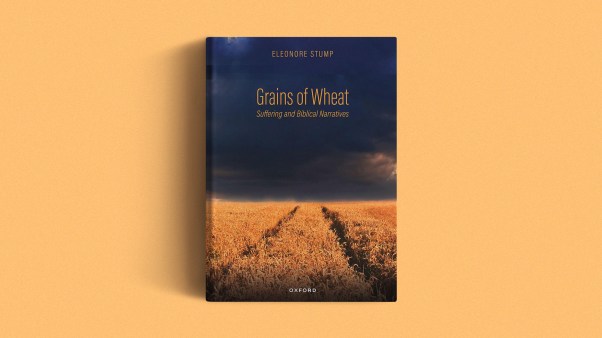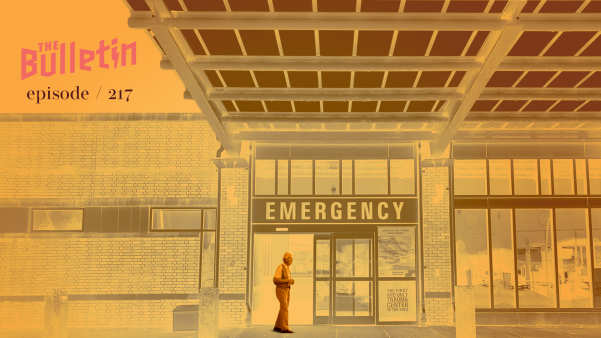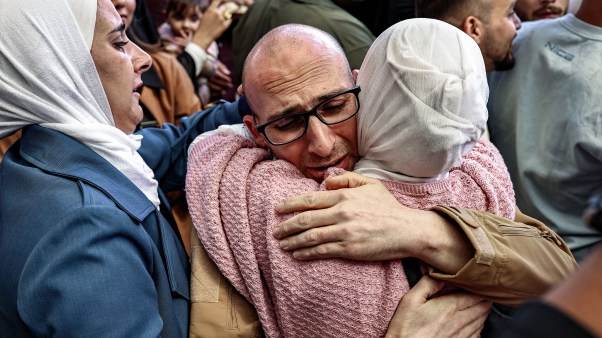Isaiah 2:1–5 This is what Isaiah son of Amoz saw concerning Judah and Jerusalem: In the last days the mountain of the Lord’s temple will be established as the highest of the mountains; it will be exalted above the hills, and all nations will stream to it. Many peoples will come and say, “Come, let us go up to the mountain of the Lord, to the temple of the God of Jacob. He will teach us his ways, so that we may walk in his paths.” The law will go out from Zion, the word of the Lord from Jerusalem. He will judge between the nations and will settle disputes for many peoples. They will beat their swords into plowshares and their spears into pruning hooks. Nation will not take up sword against nation, nor will they train for war anymore. Come, descendants of Jacob, let us walk in the light of the Lord.
Isaiah is considered the greatest of the prophets from the house of Israel, and I love his writing about the establishment of the New Jerusalem and the kingdom of God. The text can be understood as a prophecy that will be fulfilled in contemporary times or interpreted as already fulfilled in Jewish history.
God has given us faculties of free will: the ability to understand and investigate. He could instantly establish the kingdom of God, but since he has given free will to humans, he wants us to understand this vision and be a part of that process—and a process it is, not a one-time thing. The kingdom of God cannot descend from heaven and just replace the defective, old order. It must be a progression, an arduous struggle in which all of humanity is involved and contributes positively.
Since the time when Jesus Christ appeared 2,023 years ago, the process was launched where the kingdom of God, the New Jerusalem, and the new law of God would come to pass. When the Word of God has spread all over the earth and the spiritualization of the masses of humankind transforms our planet into the mirror image of paradise, as attested by Baha'u'llah, the founder of the Baháʼí faith, it will be the time for the prophecies enshrined in all the sacred scriptures to be fulfilled.
From Epistle to the Son of the Wolf by Baháʼu'lláh:
The utterance of God is a lamp, whose light is these words: Ye are the fruits of one tree, and the leaves of one branch. (CXXXII)
In the Bahá'í faith, the pivotal principles are the oneness of humankind and the interdependence of all factions of the population. No matter the diversity of faiths, financial status, economics, or politics, the Bahá'í scriptures tell us that humankind is essentially one.
Bahá'ís believe that the prophecies contained in all the holy scriptures have been fulfilled about this age being the “Day of God,” that is, a time when humanity establishes, in biblical language, the kingdom of God on earth.
As our founder Baháʼu'lláh states, “The earth is but one country and humankind its citizens.”
Today, the crux of all our problems is disunity, which is also prevalent in the systems of governance.
In every activity that we Bahá'ís do, whether related to education or meditation, we focus on attaining the oneness and wholeness of the world in which we live.
For the Bahá'í, the divine plan has been unfolding for the last 180 years (since the Báb, the founder of the Bahá'í religion, started teaching in 1844). We see all the upheavals, turmoil, suffering, affliction, wars, and conflicts as part and parcel of the wake-up call for unity as proclaimed by the central figures of the Bahá'í faith.
We Bahá'ís believe that humanity must rise to a new level of maturity living in unity and peace with all the myriad diversities. This, I submit, is the real meaning of what Christians might say is the “kingdom of God” or “on earth as it is heaven.”
Baháʼu'lláh proclaimed, “The well-being of mankind, its peace and security, are unattainable unless and until its unity is firmly established.”
A. K. Merchant is a leader with the Lotus Temple and the Bahá’í Community of India and general secretary for The Temple of Understanding—India. He is an author and subject expert in interfaith education and actively advocates for gender justice and environmental issues.

